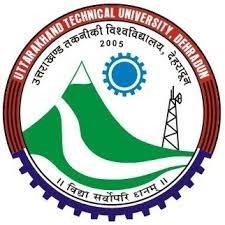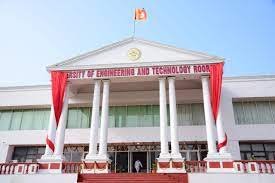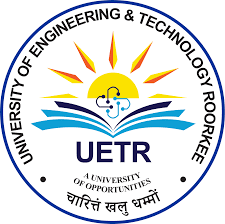Graduates are well-prepared for careers in electronics engineering, telecommunications, and research. They contribute to technological advancements, with opportunities to work in industries like telecommunications, consumer electronics, and aerospace.
Future Scope & Benefits for B.Sc. Hons. in Electronics Course
A Bachelor of Science Honours (B.Sc. Hons.) in Electronics is a specialized undergraduate degree program that focuses on the principles, design, and applications of electronic devices and systems. This program equips students with a deep understanding of electronic circuits, semiconductor technologies, and digital electronics. In this article, we will explore the future scope and benefits of pursuing a B.Sc. Hons. in Electronics.
Future Scope of a B.Sc. Hons. in Electronics Degree
The future scope of a B.Sc. Hons. in Electronics degree is promising. Graduates can pursue careers in electronic engineering, telecommunications, research and development, and semiconductor industries. With the growing demand for electronics in various sectors, such as automation, healthcare, and consumer electronics, these professionals can expect diverse job opportunities and the chance to shape emerging technologies.
-
Electronics Engineering: Graduates can pursue careers as electronics engineers, designing and developing electronic systems and components for various industries, including telecommunications, consumer electronics, and automotive.
-
Telecommunications: With the ever-expanding field of telecommunications, electronics professionals are in demand to work on the design and maintenance of communication networks, mobile devices, and satellite systems.
-
Embedded Systems: The increasing integration of electronics into everyday devices opens opportunities in embedded systems development, including IoT (Internet of Things) devices, medical devices, and automotive electronics.
-
Power Electronics: Power electronics engineers work on energy-efficient technologies, such as renewable energy systems, electric vehicles, and power supply design.
-
Semiconductor Industry: Graduates can join the semiconductor industry, working on the design and fabrication of semiconductor devices, microchips, and integrated circuits.
-
Research and Development: Those inclined toward research can pursue advanced degrees and engage in cutting-edge research in areas like nanoelectronics, quantum electronics, and semiconductor physics.
-
Robotics: Electronics plays a crucial role in robotics, enabling the development of intelligent robots used in manufacturing, healthcare, and exploration.
-
Aerospace and Defense: The aerospace and defence sectors offer opportunities for electronics engineers to work on avionics, radar systems, and communication technologies.
-
Academia and Teaching: Graduates can opt for a career in academia, becoming professors or educators, imparting knowledge and nurturing the next generation of electronics professionals.
Benefits of Pursuing a B.Sc. Hons. in Electronics Degree
Pursuing a B.Sc. Hons. in Electronics degree offers numerous benefits. Graduates gain expertise in electronic engineering, opening doors to a wide range of industries. They can work on cutting-edge technologies, enjoy job security, and command competitive salaries. Additionally, the field fosters innovation and provides opportunities to contribute to advancements in sectors like telecommunications, automation, and healthcare.
-
High Demand: Electronics professionals are consistently in high demand due to the ubiquitous nature of electronics in modern life.
-
Versatility: The degree provides a versatile skill set applicable across multiple industries and technologies.
-
Innovation: Electronics professionals are at the forefront of technological innovation, contributing to advancements that improve various aspects of society.
-
Global Opportunities: Electronics expertise is sought after worldwide, opening doors to international job opportunities.
-
Problem-Solving Skills: Graduates develop strong problem-solving and analytical skills, which are valuable in various professions.
-
Job Security: The field's steady growth ensures job security, and electronics professionals are often well-compensated.
-
Entrepreneurship: The knowledge gained can be used to start entrepreneurial ventures, such as electronics design firms or technology startups.
 3 Years
3 Years
 Under Graduate
Under Graduate
 Science
Science














 back
back